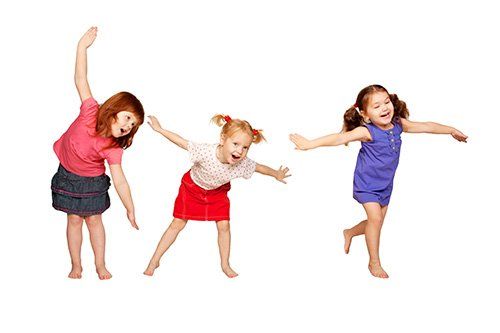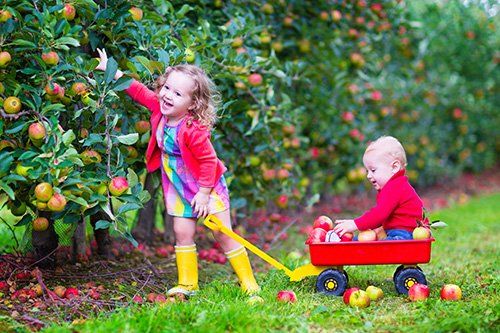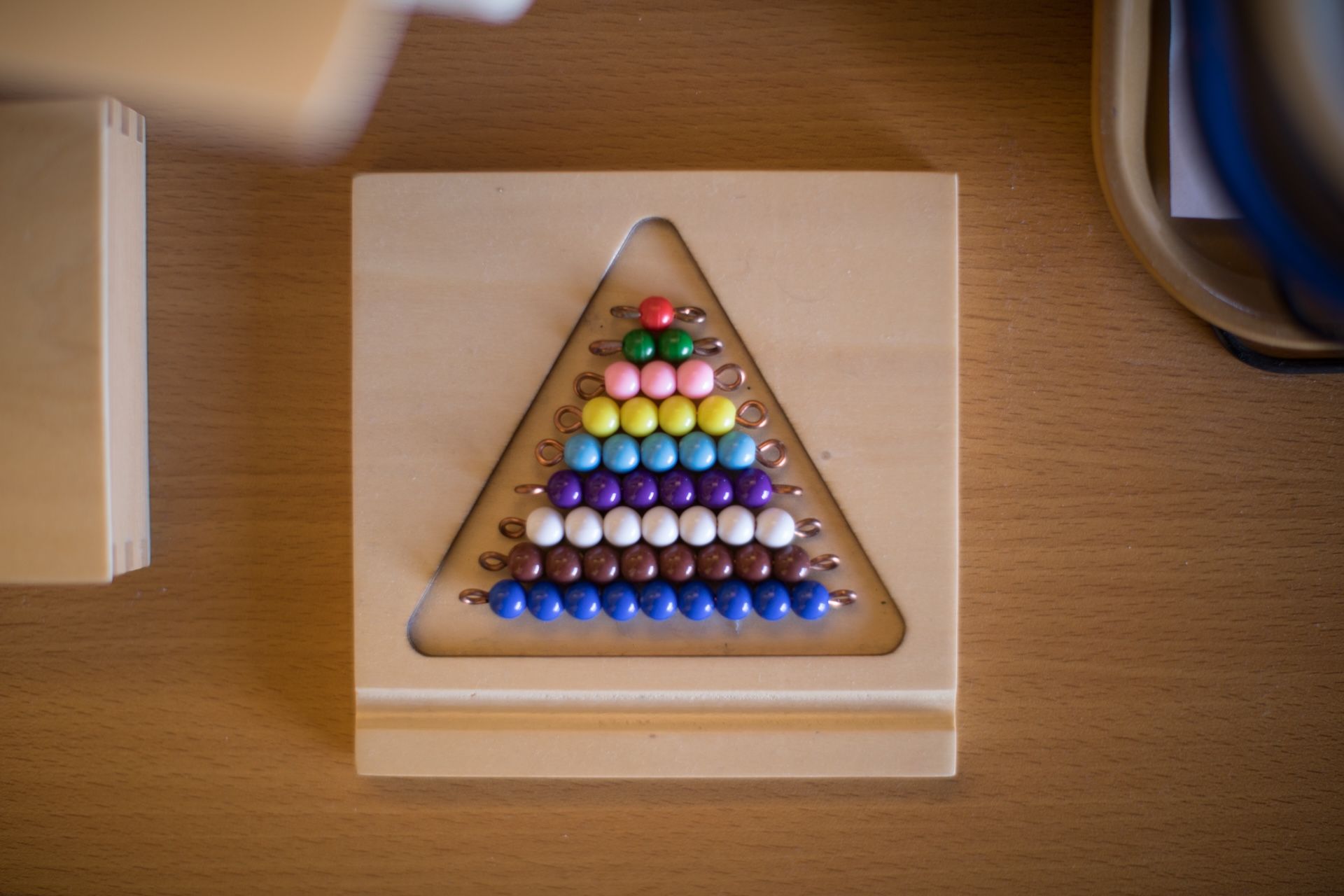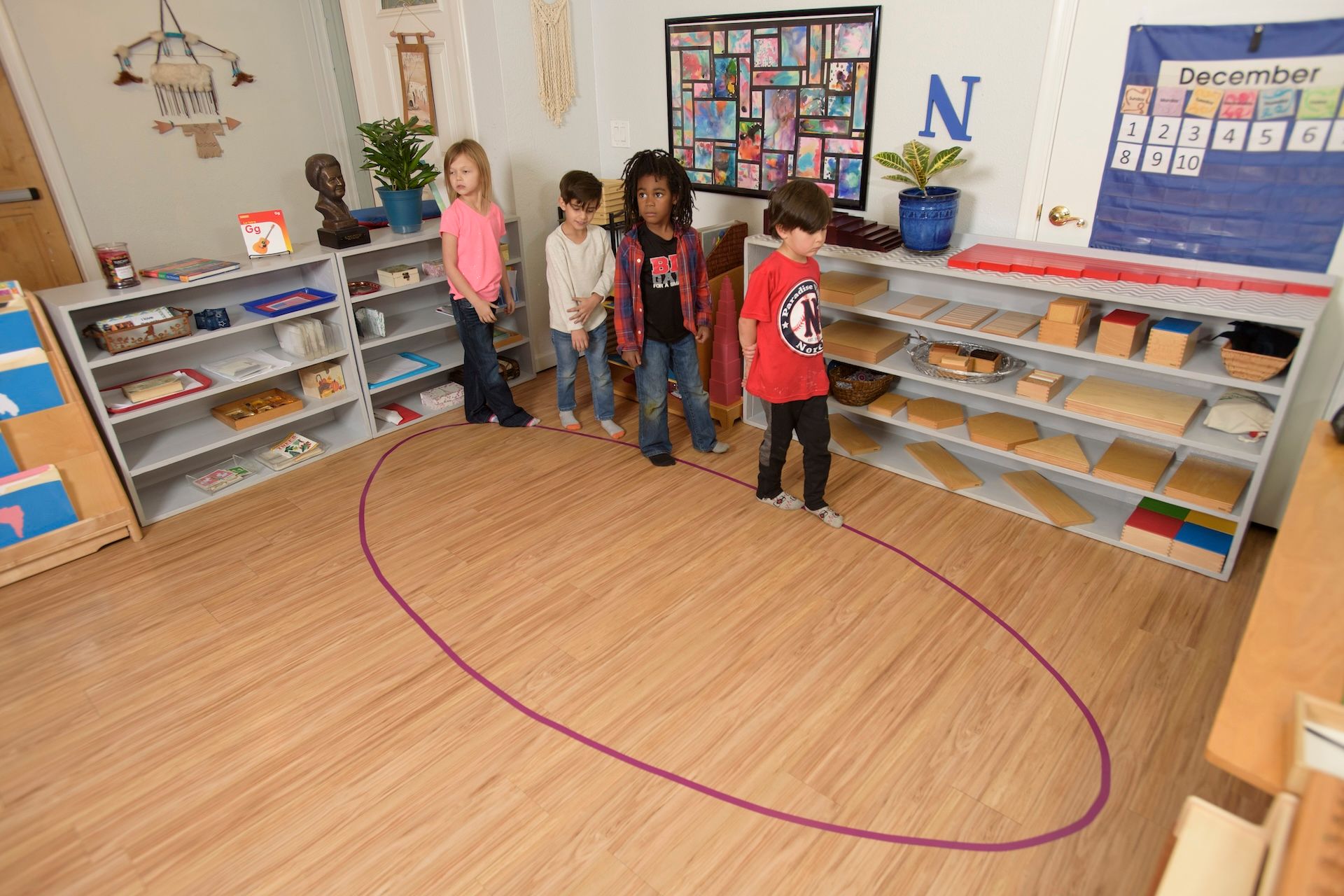Early childhood education specialists have been expressing serious concerns about the current state of affairs. The prevalence of standardized testing has caused a significant shift in the focus of learning. Many teachers are obligated to teach to the test and create a classroom atmosphere that doesn’t necessarily reflect the comprehensive instruction we know works well for kids. 
Recess and other play-based aspects of education are being pushed to the side in favor of drills and rote memorization.
It might be that the concern over standardized testing is based on the fear that future generations will continue to be outperformed by students in other countries.
But the way that education is being changed goes against so much of what we’ve already learned about how children grow.
Playing as Schooling
Nancy Carlsson-Paige, author of Taking Back Childhood , is an expert in education and child development. She’s earned numerous awards and received significant recognition for her contributions to the field. Recently, Carlsson-Paige won the Deborah Meier award from the National Center for Fair and Open Testing.
 In her acceptance speech
, she spoke about how disconcerting it was to her that things had changed so significantly:
In her acceptance speech
, she spoke about how disconcerting it was to her that things had changed so significantly:
[N]ever in my wildest dreams could I have foreseen the situation we find ourselves in today. Where education policies that do not reflect what we know about how young children learn could be mandated and followed. We have decades of research in child development and neuroscience that tell us that young children learn actively — they have to move, use their senses, get their hands on things, interact with other kids and teachers, create, invent. But in this twisted time, young children starting public pre-K at the age of 4 are expected to learn through “rigorous instruction.” And never in my wildest dreams could I have imagined that we would have to defend children’s right to play.
She and many other educators feel that they’re fighting for a developmentally appropriate environment when they advocate for play, freedom of movement, and overall positive energy in classrooms. They argue that play is the critical work of childhood and that denying children this opportunity is denying them the chance to reach their full potential. Play is how children master language and develop the ability to solve problems through critical thinking. Perhaps most importantly, it teaches children how to make choices.
Montessori Play
This might sound a bit familiar to parents of Montessori students. These are the same values that Dr. Montessori repeatedly promoted during her lifetime. She believed that “play is the work of the child” and could not be swayed on its critical nature. Time demonstrated more and more that her method was effective in bringing children up into successful, communicative adulthood.
In the classroom, a lot of instruction seems more like play. There are sorting and stacking tasks designed to teach children the fundamentals of mathematics and space. There are movement control activities that feel like dances and make it easier for kids to interact. The alphabet is introduced by touch and through labeling, with precision and consistency. Kids are free to move from one activity to another and find enjoyment in doing so. This seems like a far cry from the frustration of worksheets and children who simply have a harder time absorbing concepts.
As a final comment, Carlsson-Paige said, “An excellent, free education where learning is meaningful – with arts, play, engaging projects, and the chance to learn citizenship skills so that children can one day participate — actively and consciously – in this increasingly fragile democracy.” The future seems more uncertain. Technology is changing rapidly, as is the economy. It’s hard to know what skills are going to be the most valuable when today’s children are entering the workforce. But critical thinking is always in demand. Making sure your children’s education includes ample room for play is key to future success.
The post Playing is More Important Than You Think appeared first on Pebblecreek Montessori.
Hours
MONDAY - FRIDAY
HALF DAY: 8:30a – 12 noon
ACADEMIC DAY: 8:30a – 3:30p
EARLY CARE: 7:00a – 8:30a
AFTER CARE: 3:30p – 6:00p
OFFICE: 8:00a - 4:00p
Programs
Connect
Pebblecreek Montessori




